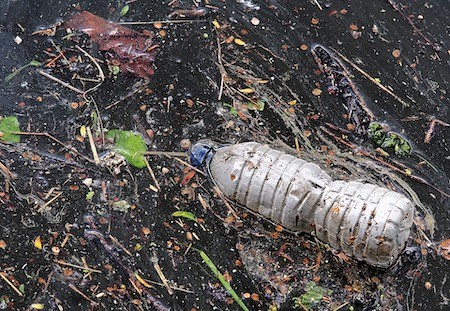 Starting from the 3rd of July of this year
Starting from the 3rd of July of this year, the European Directive SUP (Single Use Plastic) came into force in all member states, including Italy.
This directive, already approved in 2019, imposes specific limitations for the marketing of some particular products if made in plastic material.
We must immediately clarify that the SUP Directive does not apply to furniture products in any way, aiming, conversely, to ban some disposable products responsible for a large part of the pollution of our planet such as plates and cutlery, straws etc.
However, this new directive can also be interpreted as a first signal towards the limitation of the production and use of plastic materials in general terms, considering the continuous and growing alarms on such subject.
Certainly, among the previously mentioned warning signs, one of the most dramatic concerns the growing accumulation of plastics and microplastics in the oceans which may bring, continuing at current rates, to a situation in which
more plastic than fish will be present in the oceans by 2050. Therefore, if limiting measures must necessarily be taken on a global level, the final goal on which to align could even bring to more drastic measures as a recent article in the
prestigious journal Science suggests. More than a scientific publication, this article represents a real appeal signed by 14 scientists of various countries for an international agreement
which goal would be the prohibition of the production of new virgin plastic already starting from 2040.From that date, therefore, only recycled plastic could be used, if necessary.
This situation and its probable, although not desirable, dramatic evolution therefore requires a careful consideration. Possible strategies should aim at the future concerning, in addition to ethical and environmental aspects, also the marketing strategies of the furniture sector or of the individual companies belonging to it. We must necessarily pay attention to the evolution of this general picture, starting to consider the possible alternatives, bioplastics, their compostability, rather than coming back where possible to our old and dear wood!
In conclusion, we would like to point out that the intention of these short notes is not the creation of a mere alarm on this issue. This article should be rather considered as an invitation to pick up and interpret some signals (see the SUP Directive) that could lead to significant change in the future market and in which, we believe, it is good to be ready and technically prepared.
Finally, we remind you that Catas is particularly active on environmental issues and, precisely to meet the changing needs of the market increasingly sensitive to developments in this area, as also testified by the SUP Directive, it has developed
a new service for the study of the life cycle assessment (LCA) of any raw material or finished product in the wood and furniture sector.We remind you that the Life Cycle Assessment provides a sort of "identity card" based on international shared rules and unified principles.
The LCA study is therefore the objective basis on which to work towards improvements, awards and certifications.
For information:Franco Bulian
+39 0432 747231
bulian@catas.com


 Starting from the 3rd of July of this year, the European Directive SUP (Single Use Plastic) came into force in all member states, including Italy.
Starting from the 3rd of July of this year, the European Directive SUP (Single Use Plastic) came into force in all member states, including Italy.